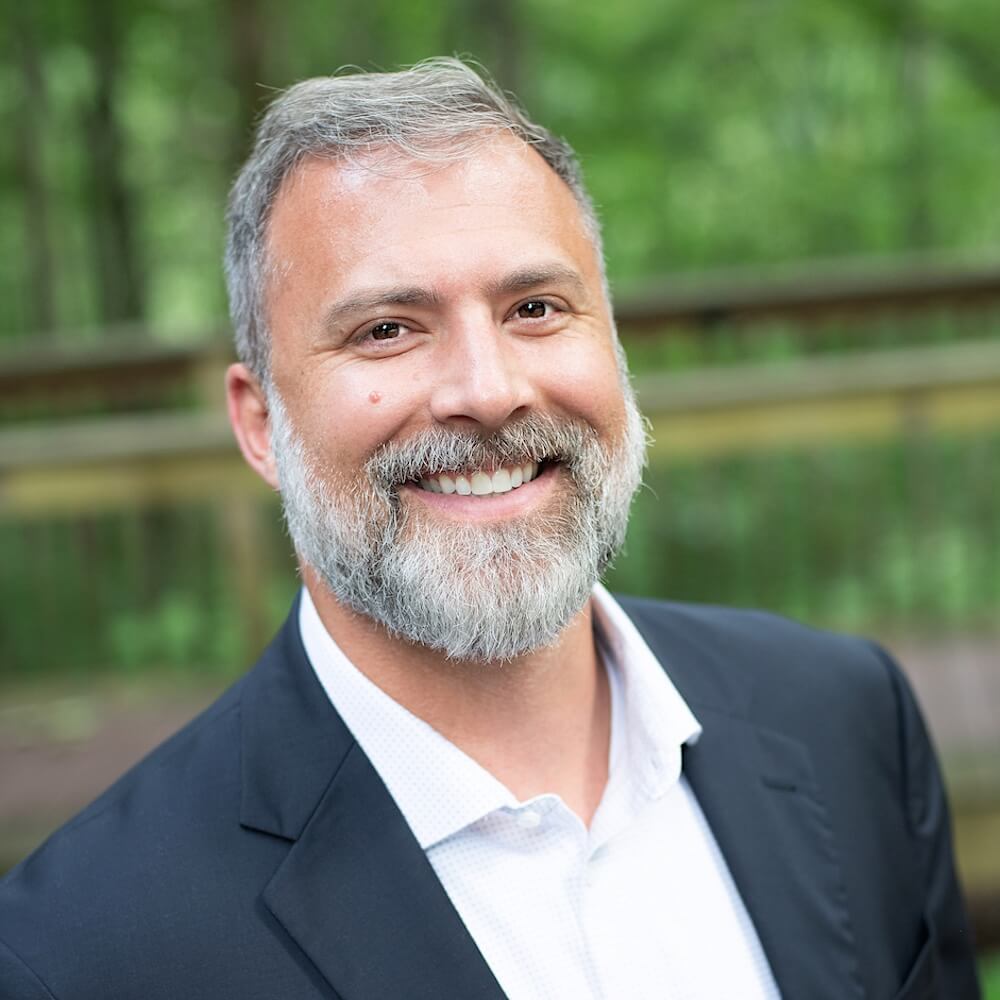Many people associate estate planning with getting old.
Their logic goes something like this: If I’m not old or sick, then I don’t need to make an estate plan! Why hurry? And wouldn’t I need to redo it anyway when I do eventually get old?
So, they scramble to finish today’s to-do list and leave estate planning for later. This is a mistake. In reality, estate planning is a key part of a comprehensive financial plan at any age.
If life were predictable and linear, procrastinating on your estate plan would be just fine. But whether you’re 35 or 95, you could have a fatal accident next week or even tomorrow.
If that were to happen, would your wealth be passed to the people you most care about — or would it be distributed according to some obscure fine print in your state’s laws? Do you even know what those laws are? What about the stress and worry your family might go through trying to navigate that kind of complexity?
Remember, estate planning isn’t just about the money. It’s about providing guidance to your loved ones. It’s designed to ensure that your dependents, assets, pets, and anything else that matters to you aren’t left in the lurch should the worst happen.
And the good news is you only need a few pieces to get started.
Every estate plan is unique. However, certain documents typically form the foundation of most estate plans. Your estate planning package may look different depending on your circumstances and stage of life.
Your will. Your will dictates who gets your tangible and intangible property after you pass on. It also spells out your decisions for your family, such as who will care for your children if they are minors and both you and their other parent are deceased. This decision is absolutely critical for any family as navigating state rules for custody can be extremely stressful and disruptive for all involved.
But your will alone isn’t enough.
Your trust. When you die without a will, your estate must go through the probate process. It’s a public proceeding that can take a lot of time and cost your heirs a lot of money.
To avoid this, many families opt to create a trust. This is an additional up-front expense for you, but it can potentially allow you to get more specific about how your assets will be distributed while also keeping that distribution private. You can even create special-use trusts for charitable giving, tax reduction, or for the benefit of your underaged children.
If you choose to set up a trust, you must choose trustees to manage the funds (or other physical assets in the trust, such as your family home) on behalf of the beneficiaries. This decision should be made with care, as these individuals will have a great deal of control and discretion. They will also have to keep up with managing your financial matters during the distribution process.
Your trustee could be one person, such as your spouse or another close relative, or you could arrange for multiple co-trustees. You can even name an entity, such as a bank or attorney. Trustees pay bills and taxes, comply with state and federal laws, and make other decisions as needed. Being a trustee is a big responsibility! It may also require a significant time commitment.
Your health care proxy or health care power of attorney. This is a legal document that names the person responsible for making medical decisions for you if you are disabled or otherwise unable to communicate. Choose someone who shares your values and who will respect your wishes.
Your financial power of attorney. While your health care proxy makes decisions about your health, your financial power of attorney can step in to make decisions about your money should you die or become incapacitated.
In some families, the health care proxy and the financial power of attorney refer to the same person. In others, it makes sense to designate different individuals. Again, make sure to pick someone who will fulfill the responsibility in line with your needs and wishes.

These documents are a smart starting point. However, many families require more comprehensive or complicated plans. This is especially the case if you have a business, children from a previous marriage, or other unique needs.
Consult with an appropriate legal professional who has experience with your family structure and can advise you about the right choices for your needs. A financial advisor can also help you navigate estate planning strategies designed to identify potential tax-saving opportunities.
Already have an estate plan? Great! Review it at least annually and every time your life circumstances change. Divorce, remarriage, buying or selling a home, and birth of children or grandchildren may each warrant updates to your estate plan.
Disclosures
This communication is distributed for informational and educational purposes only and should not be construed as legal advice. WealthSource does not provide legal advice. The information contained in this communication is believed to be accurate, but is general in nature, is not complete, and may not apply to your specific situation. You should consult with your legal advisors to determine how the information contained in this communication may apply to your own situation. WealthSource makes no warranties and is not responsible for your use of this information or for any error or inaccuracies resulting from your use.
